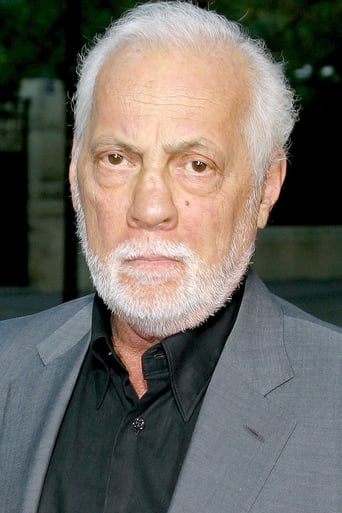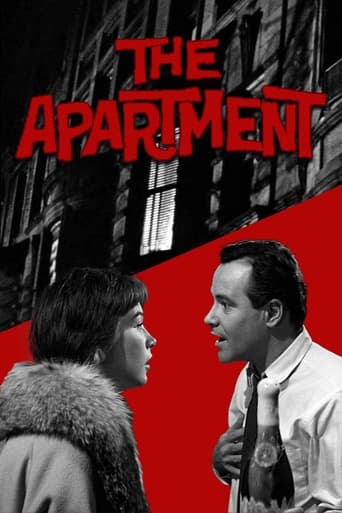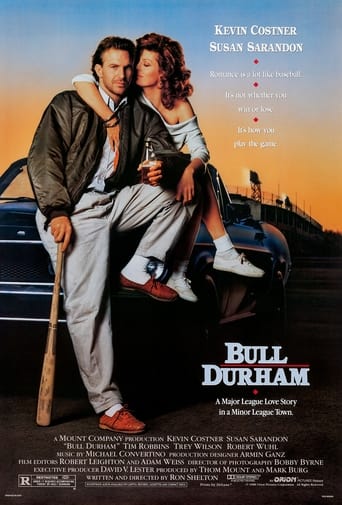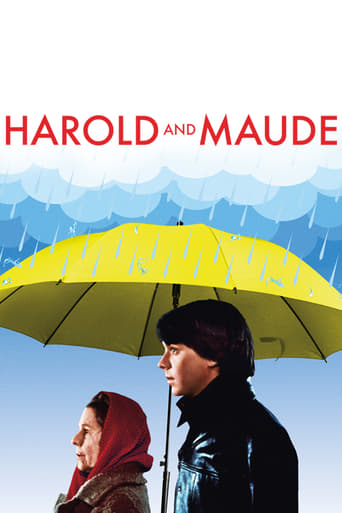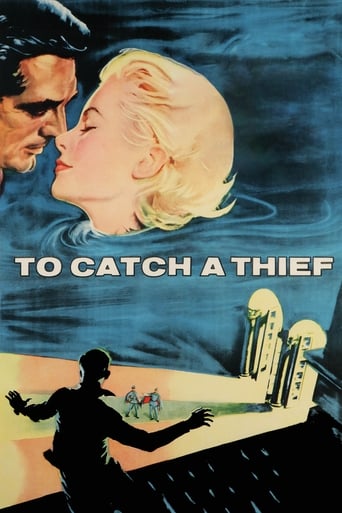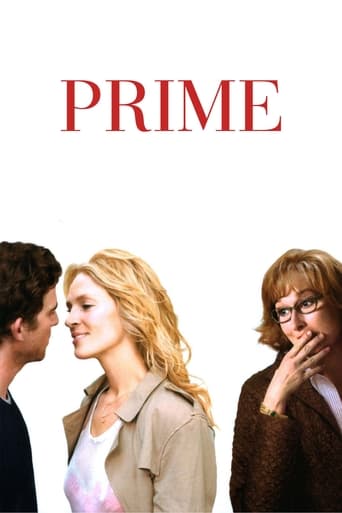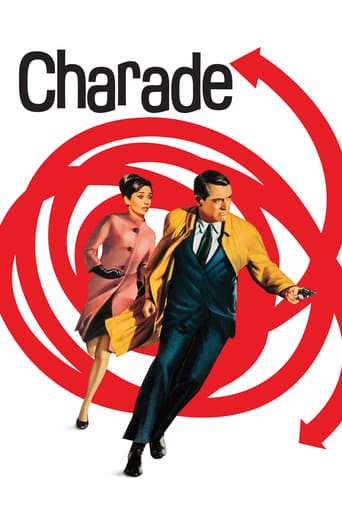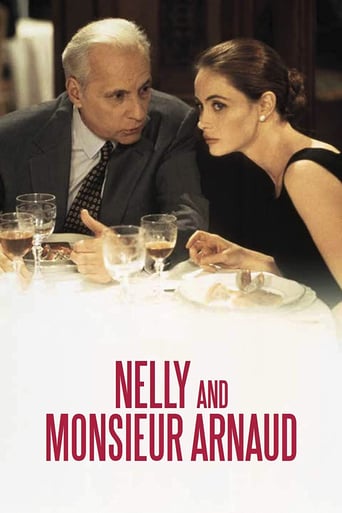
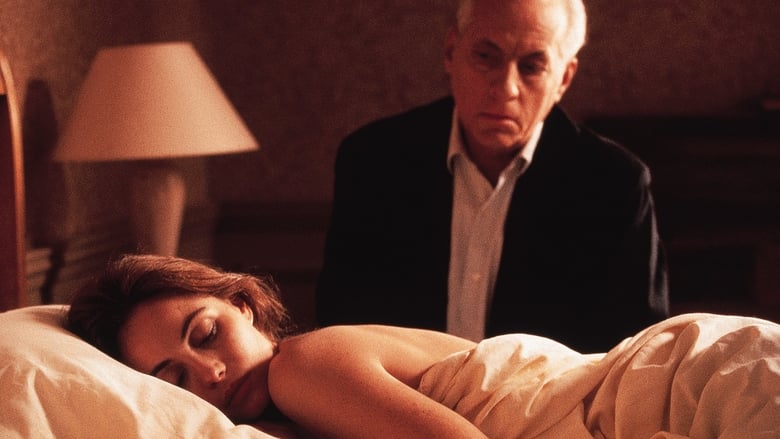
Nelly and Monsieur Arnaud (1995)
Nelly leaves her lazy, unemployed husband to work for retired judge Mr Arnaud, forty years her senior, after he offers to clear her bills for her. While she types his memoirs the two develop a close friendship, but Arnaud becomes jealous when Nelly begins dating his good-looking young publisher.
Watch Trailer
Cast


Similar titles
Reviews
This film is so similar in feel to Un Coeur En Hiver that it feels like a sequel of sorts. Of course, it is by the same director, stars the same actress and has the same writers.The problem with this film is that it is a watered-down version of the story. If UCEH is the meat, NEMA is the soup made with the bones of that film.UCEH had drama, psychological struggle, a love-triangle (of sorts), a serious talent and career under jeopardy, a business and business relationships being threatened, strong feelings and major pain. This, in comparison, is much less the sequel of that film than an aftertaste. Instead of a professional violinist we have a part-time typist, part-time cashier at a bakery. Instead of deep emotions and fire, we get some warmth, instead of conflict we have nothing. Nelly divorces her husband with total coldness, yet he just shrugs it off. I'm fine with a character having a cold heart, but this film is a world without emotion. Nelly feels nothing towards her husband, the husband is indifferent to his wife leaving him, she doesn't react much when she sees him with another woman, not a hint of residual feelings, no jealousy, seller's remorse, nothing. Nelly's feelings towards Arnaud are weak, his feelings towards her are also not that strong beyond attraction, but no jealousy whatsoever. Nelly's feelings towards her boyfriend are weak (she doesn't want to move in with him) and his feelings towards her are just as weak ("You don't want to move in with me? Good night. Don't call me again. Have a good life. We're finished here. Cheque please.").The characters are all variants of the same person, all somewhat cold, distant, calculated and passionless. I can understand the lack of fire from a dying marriage, but not from a new relationship considering living together. Break ups, divorces, hookups, crises, meetings, attractions, all have the same level of intensity - 3/10. No peaks, no lows. Just a slow cook form start to end.There is no change of circumstances, no twist and ultimately no plot beyond an attraction of an older man to a pretty woman typing his dictation.
The title "Nelly and Monsieur Artaud" suggests both a friendship and an unequal relationship. We know Nelly (an editor) through her responses to the men in her life. We know Monsieur Artaud through his long history, careers, ideas, and finally through his relationship with women, past and present. They are not on the same social plane in life nor in the movie, and to imagine anything more than an occasionally touching friendship between them is to make a mistake.Pierre Artuad is a rather wealthy, dapper gentleman, once a judge in the pacific islands, and then a luminary in the business world. He's sophisticated, in touch with history, politics, and the arts; has authored two books, and owns a impressive private library. He's obviously opposed to French colonialism: the native's "constant smile told me I wasn't wanted." And in listing the countries of his long postponed worldwide trip, notes "to places where they don't kill tourists." As a "fearsome businessman" with an "unbending" hateful son working for Microsoft in Seattle, he nevertheless despises the corrupting power of big business which "does not leave you a better man." As his ex-partner says, "I'd rather be his friend than his enemy." But judging by his advancements in colonial law and in a pretty ruthless business practice, his scruples were more adaptive than provoking--of change.Still Monsieur Artaud does possess a significant degree of self-awareness. He accepted the judgeship because of his "sedentary nature," and his sharp mental discipline and discerning eye matched up well with a business career. His wife, he tells us, left him during one of his "acute states of ordinary misogyny," and he is very cognizant of his poor "track record" with women. "I was a lousy father, and a lousy husband," he confesses. Computers are a bane to him, and his extensive private library in now of no use to him--"I'm at an age when I read the same few books over and over." He says of Nelly's husband, he's "insolent but in a nice way." His friend Jackie praises his capacity for listening, and describes him to Nelly as "delicate and civilized," adding that "his eyes don't miss a thing." But he can ridicule his wife to Nelly, broadcasting her readiness to criticize his business ethics, while indulging in luxurious tastes. Finally, Artuad is a humorous man, at least since the leisure of retirement and the wisdom of advanced age--he says to Jackie whose latest man is another cad: "Why not me, I can offer liberty, security----and austerity." So, what do we know about Nelly? I'm afraid not too much by way of identity. She's an out of work editor making do with odd jobs. She's divorcing a husband who would rather speak to an encyclopedia salesman than seek employment, and dating Monsieur Artaud's squinty publisher. We know she's competent and can be incredibly firm in her actions and words. We don't know her last name. We never see her mother. Through her, Pierre Artuaud unfolds, but the reverse cannot be said. (For Artaud seems to chiefly question her about her sex life--imagined or real). We also know that she has a frankness with men that can be very telling. Baert/Nelly is at her very peak (as actor/person) in her radically exposing break-off scene with Granec. And she is perfectly at ease criticizing Artaud's writing style and content, as well as his "heinous" business practices. In this sense, and with all her obvious and credited charm, she has a trans-formative effect on him, drawing him out and away from accustomed solitude.The question is: is she similarly changed by this unlikely relationship? Does she have more identity in the end or more security---I mean being left totally in charge of her editing work is a far cry from kneading bread dough. Yes, Nelly has rubbed shoulders with another class, and been touched by the grace of an old man, but is this real change? His interest in her as too often been prying, too often been based on that "passion which never dies" (even as he resists it), and too often been traced back to his own self-interest. Actually there is one moment in which he did seem to add something to her life. It was in that business café, in commenting on the gawkers, Nelly says they see "me as a prostitute," and he counters by saying "or gorgeous courageous professional." But in general, he only has his prestige and difference to offer, which are less a change than an experience. And in the end her own scruples over her expressed rage in back-to-back scenes with Granec and Artaud, are not so easily shut down as the far graver ones of her breezy companion, and in a moment, the bright light of day fades to night.
are featured rather prominently in this ultra sophisticated film by Claude Sautet, perhaps to the point of annoyance for some. Mlle. Beart, whom I first saw in Claude Berri's Manon of the Spring (1986), has largest, most beautiful eyes one would ever want to see, and she is a fine actress with a smooth and subtle style. However I think that Sautet worked too exclusively with glances of nuance, raised and lowered lids, eyes widened and narrowed and such and such to further the story and to create character when he might have added a line of dialogue here and there.Yet I liked this and certainly prefer such a style to the loud gestures and over the top hysterics that some directors might have employed. Nelly and Monsieur Arnaud (Beart and Michel Serrault) do raise their voices once--a lover's spat one might say, he to perhaps show he is still alive, she to show that she cares enough to get angry with him and has an independent spirit.This then is a love story, super fine like gossamer and civilized to the point of something close to a burlesque of being civilized, and yet, and yet, because he is well past the age of retirement and she a vibrant young woman in her prime, the story must be presented in symbol and gesture: the back rub, the Platonic staying overnight, the little spat mentioned above, the muted jealousies, the stealthy triumph of the returning wife--in short it has everything a love affair might have, the bittersweet (their parting) and the bitter (a night with another, younger man) and the very sweet (the Sauternes, Château d'Yquem, no less, older than the woman herself, apres diner).What Sautet does so well and so completely here is show how such a bloodless affair can touch the heart of both the old guy who knows that he can never express himself sexually and the young woman who knows that as well, how their love is emotional and deeply felt but like those two ships passing in the night, ephemeral and at some unavoidable distance. One could say--and I think we'll all felt this--that the two are soul mates separated by an implacable difference in age who by chance experience an intimation of their love together, and then it is gone.I also liked the behavior in which Nelly says she has done something and then, only after she has said she has done it, does she do it! At first she rejects Arnaud's financial help. Then she tells her husband that she has gotten this money from an older man, gratis, and only then does she accept the money. Later in the film she tells Arnaud that she spent the night with the editor when she has not, and then afterwards, she does spend the night with him. Interesting psychology. I have actually known someone who would do that. It is like trying out an action to see how it is received before doing it! There is one rather serious problem with this DVD. On my Samsung flat screen TV only the first line of the subtitles could be read. Only the very top of the second line appeared, forcing me to miss some of the subtleties of the dialogue. I understand this is in the DVD since other reviewers have reported the same problem.See this for Michel Serrault, whose credits in 12-point type are longer than my arm (IMDb lists 155 as an actor) and for Emmanuelle Beart whose unique beauty is unforgettable.(Note: Over 500 of my movie reviews are now available in my book "Cut to the Chaise Lounge or I Can't Believe I Swallowed the Remote!" Get it at Amazon!)
When you gotta go you gotta go and if Claude Sautet had to go he certainly went in style. He gave us some of the finest and most durable films in late 20th century French cinema - Vincent, Francois, Paul et les Autres, En Cour en Hiver and so many more, films we can watch again and again with renewed pleasure and he signed off with a doozy. It is, of course, a cliché that only the French know how to handle the man-woman relationship in all its nuances, unorthodoxy, etc, but one worth repeating. Its all too easy to imagine the clumsiness with which modern English/US directors would have handled the older man/younger woman situation that lies at the heart of this story but I'm ready to bet plenty of twelve-to-seven that none would have brought the delicacy of touch, subtlety that is synonymous with Sautet. When we talk of a 'mood' piece we think of Chekhov and Sautet invokes the Russian master in spinning out of thin air a fragile, gossamer-thin tacit understanding between his two leads. Beart is almost too impossibly beautiful to be true and she needs to be the fine actress she is to get past the handicap of classical features while Serrault is a consummate actor still turning out great performances. A word too about the support, Michele Laroque, a stand-up comedienne in her spare time, brings the same solid support here as she did later in Francis Veber's 'Le Placard'. I can pay this movie no higher compliment than to bracket it with 'Brief Encounter', another masterpiece of unconsummated love that is still enchanting audiences fifty years on, as Nelly and Mr. Arnaud surely will be.



